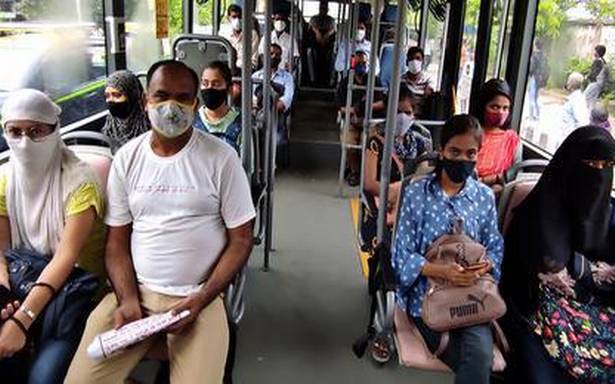What has the fourth serology survey shown? Is there a mismatch between the findings and actual numbers?
The story so far: The fourth national serology survey by the Indian Council of Medical Research (ICMR) to estimate the spread of the coronavirus infection in India reported this month that two-thirds of Indians had antibodies to SARS-CoV-2. As part of this, it also released figures that showed that antibody prevalence was lowest in Kerala and highest in Madhya Pradesh, along with data from 19 other States.
What do the findings imply?
Seroprevalence studies are meant to roughly estimate what percentage of the population may have been exposed to the virus. Kerala, which is now recording the sharpest rise in cases in the country fuelled by the Delta variant, had a seroprevalence of only 44.4%, implying that 56.6% of the population lacked antibodies and remained vulnerable to the infection. Madhya Pradesh has a seroprevalence of 79%, followed by Rajasthan (76.2%) and Bihar…














